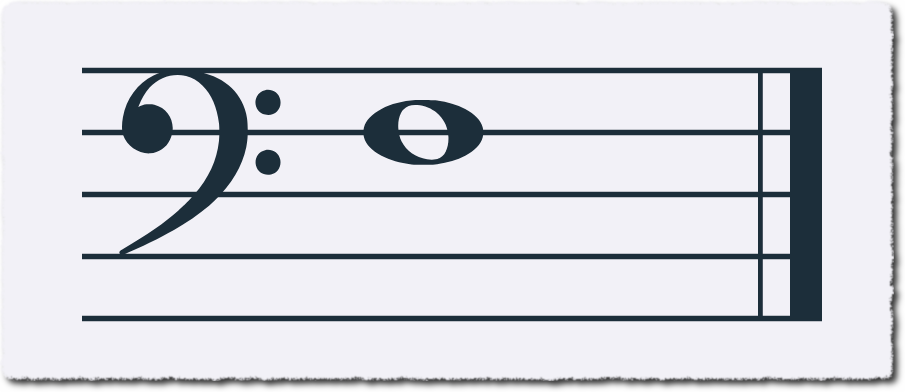Showing My Work - Giving Back to the Music Community
"Every noise, when listened to carefully, becomes music." - Anushya Kumar
Looking back on my career as a software coder/developer/engineer, a comfortable estimate of the amount of code I wrote that can be classified as "tools" is somewhere in the range of 50%-60%. That's code written to accomplish a particular task and then thrown away. Code so specialized that once the end goal was reached there was no value in keeping it around. Like the NASA booster rockets of old, once the payload (the part of the project that pays) had been delivered into orbit, the burned-out husks burned up as they fell back to Earth, their momentary brilliance and utility spent and discarded.
All this effort made me very good at creating tools and utilities that support bigger pieces of software. Indeed, the home office is run almost exclusively with open source software that interconnects via a robust set of custom tools and utilities. I do something very similar in my woodshop. I may spend several days putting together a jig that serves it's purpose in a matter of minutes. Some of the custom woodshop tools I keep around - just in case, I tell myself. Most end up in the fireplace or the trash.
It's rare indeed when one of my tools escapes into the wild, as has happened this past week. Fifteen years ago I was in a position to act on a long-time wish to learn how to play the cello. I found a good teacher and a decent instrument and began a journey that continues today. Back then, sight reading was a weak skill, so I wrote a simple web application to help myself learn the notes available to the cello.
Career demands lead to a near 10 year hiatus from playing cello. Then the pandemic inspired lock-downs hit. With extra free time in a world that criminalized face time, I cast around for an on-line instructor and found a good one (Thank you, Maria!) for the next year and a half. Looking to ease back into practice after a shoulder issue, I discovered CelloDiscovery.com, a relatively new venture started by master cellist Carolyn Hagler, and signed up for memberships this past January. A few weeks ago, I mentioned my little sight reading tool in the Cello Discovery forum with a link to the 15 year old application. People got interested, so I improved the tool and after some back and forth with Carolyn and her developer, the sight reading application has been integrated into the Cello Discovery web site.
This experience reminds me of a story Gary McMahan - the great cowboy singer, song writer, and poet - tells about one of his tunes that went on to become a hit.
"The songs and poems you write are like your kids. You love 'em all but most of them stay at home and never do nothin'. Every once and a while one of 'em will get up and run out the door and before long he's out there making you proud and sending checks back to dear 'ol dad."
No checks in this case. Just a whole lot of satisfaction and a tiny bit of pride at being able to give something to a wonderful community and help Carolyn's venture succeed. I know how difficult it can be to build an on-line community.
If you're interested in learning how to sight read the bass or tenor clef for any key, scoot on over to CelloDiscovery.com and select "Learn to Sight Read" from the "Resources" menu item. And if you're interested in learning how to play the cello, there's no better place to start then Cello Discovery. The courses and support are excellent!
If you have any questions, need anything clarified, or have something else on your mind, please use the comments section or email me directly.
Photo credit: The place of music in the house I owned when first beginning to learn the cello. The transition from piano to cello has been...interesting.






Code in the broadest sense is a procedural element in learning, an extremely important one. How does coding relate to AI?